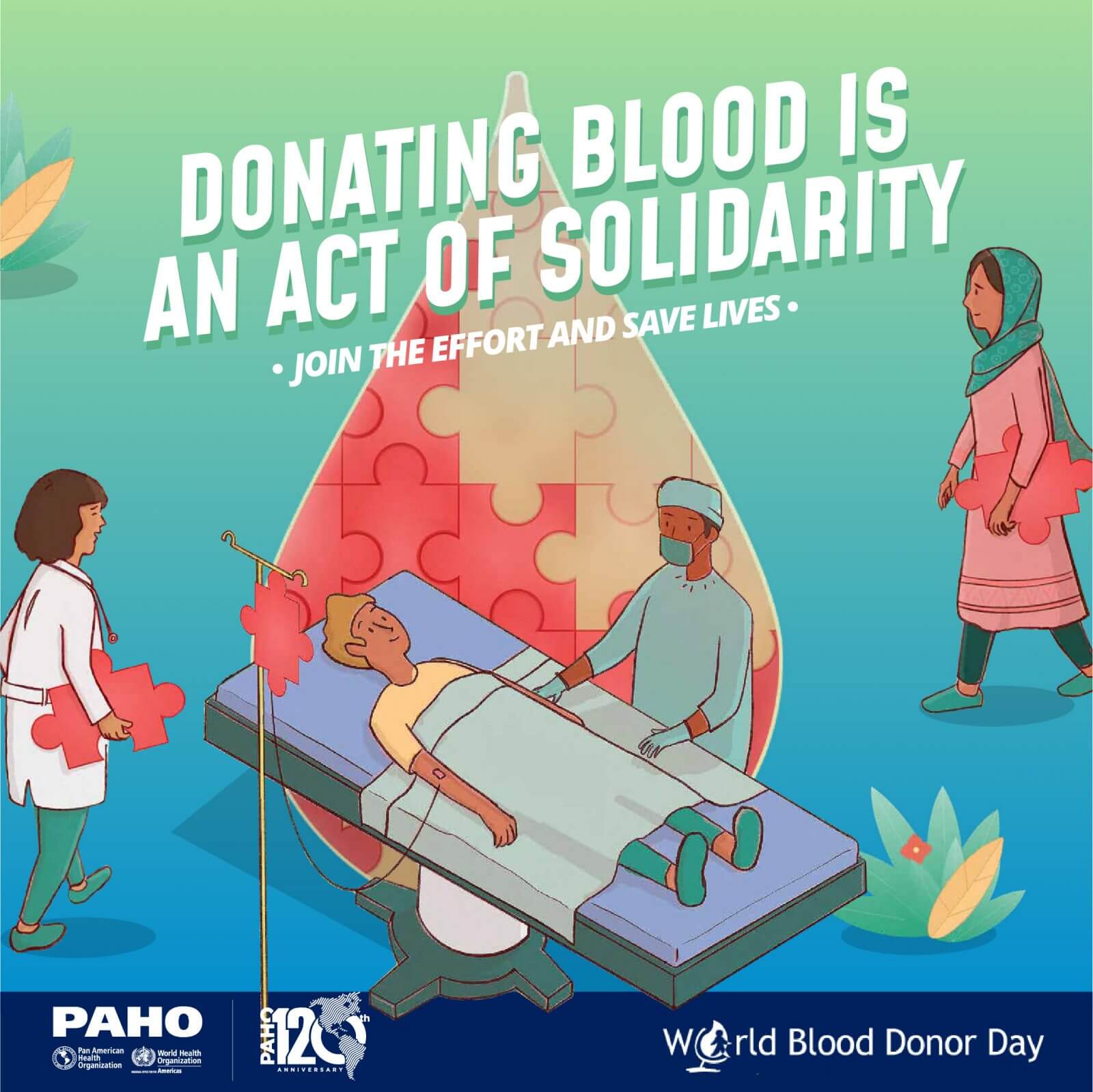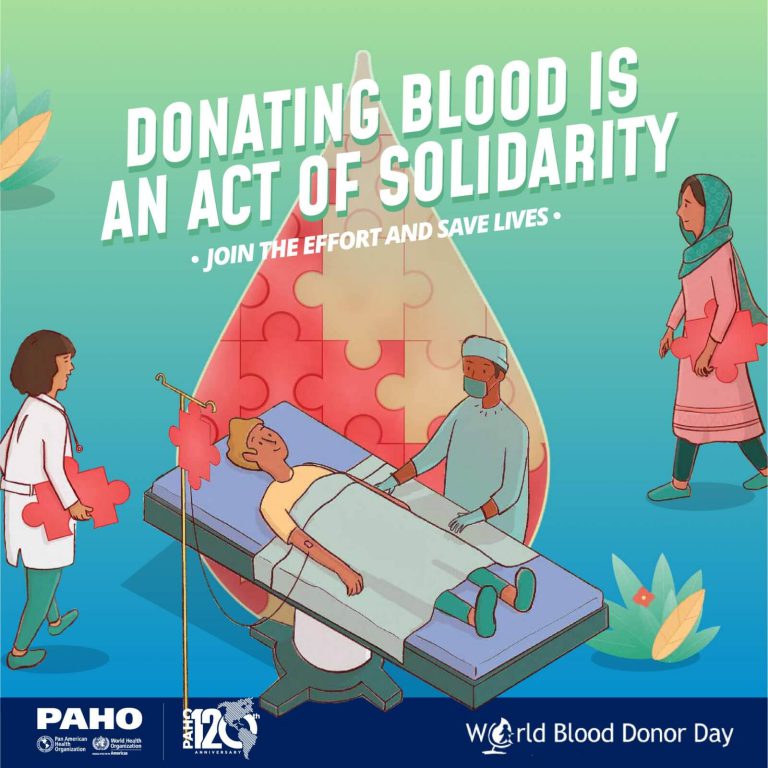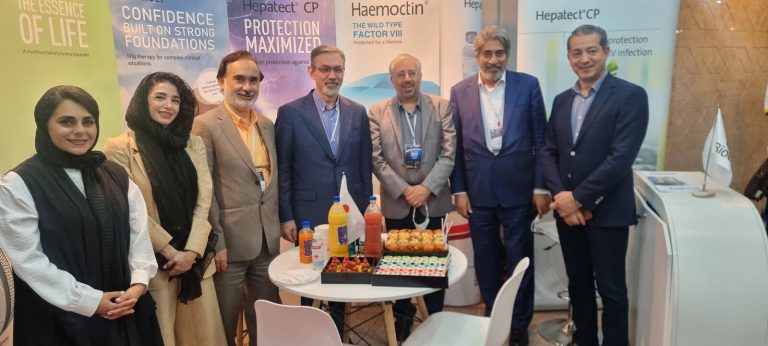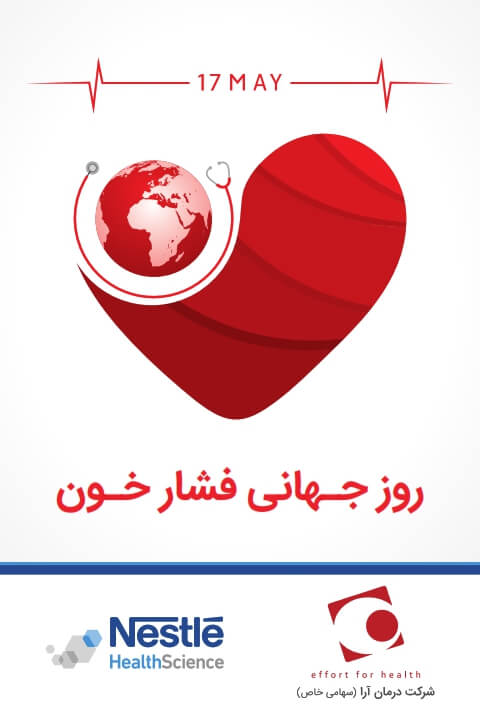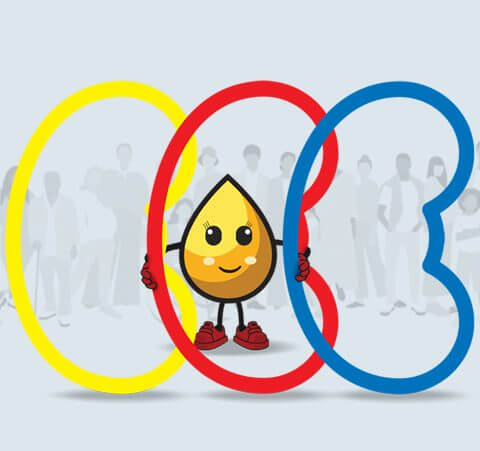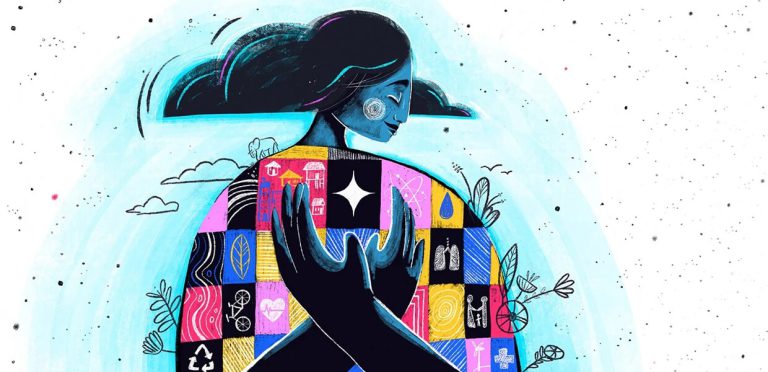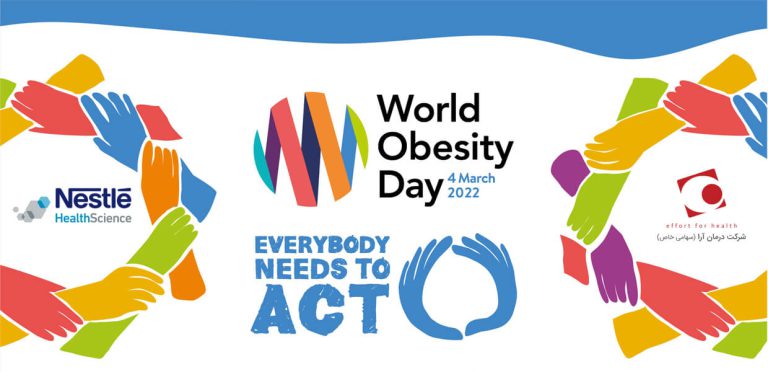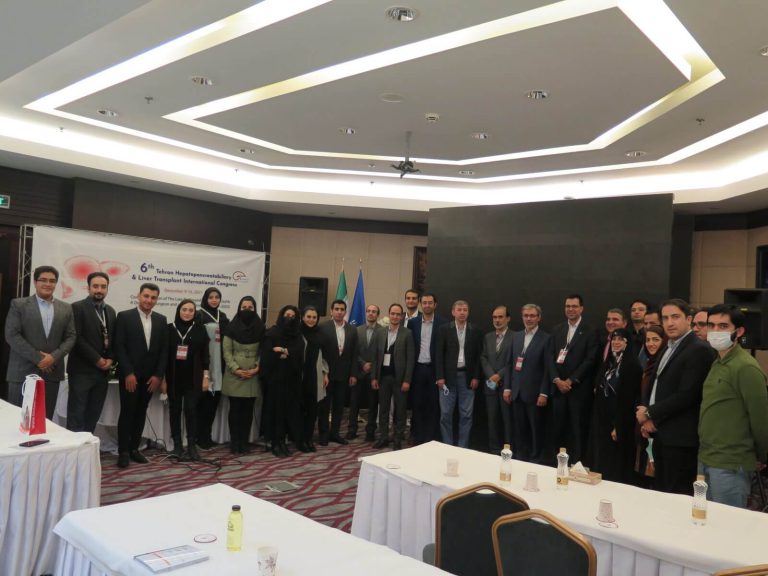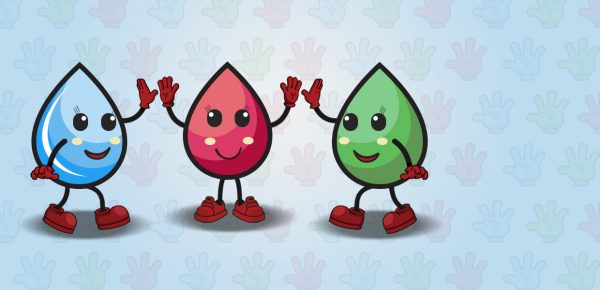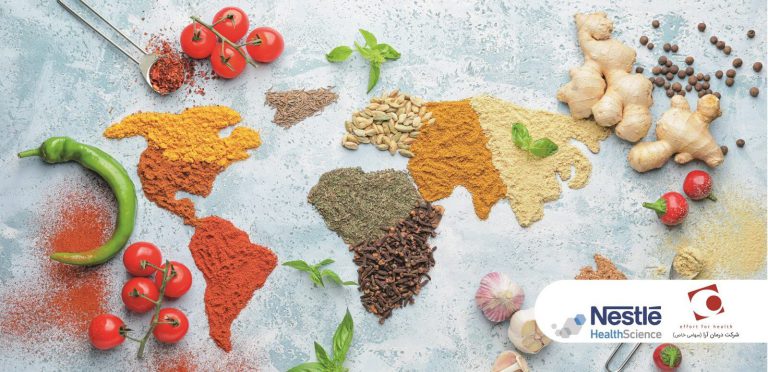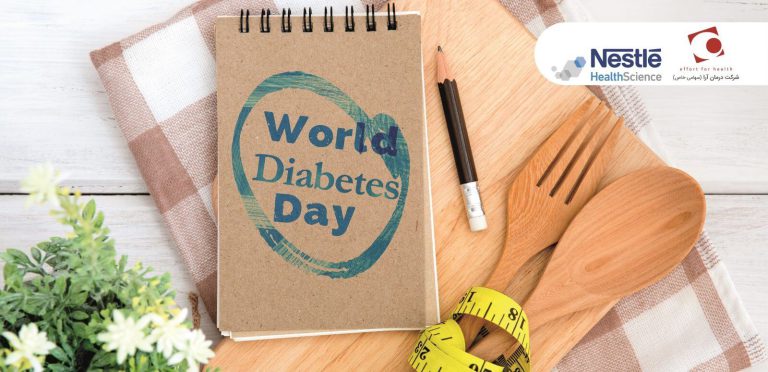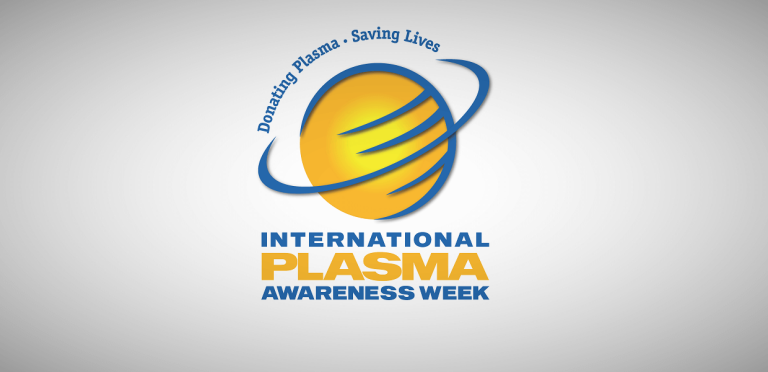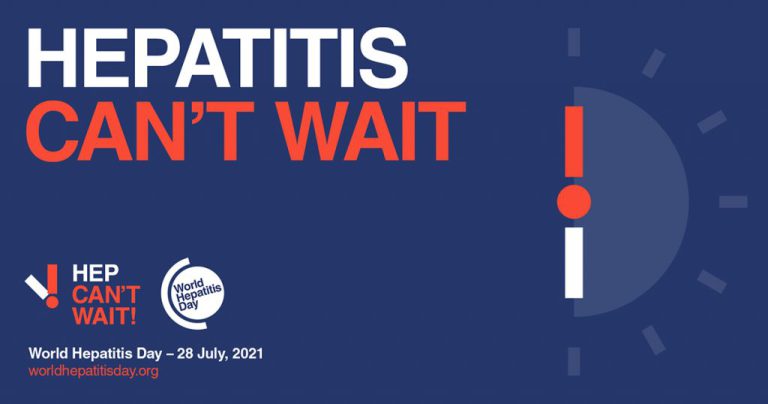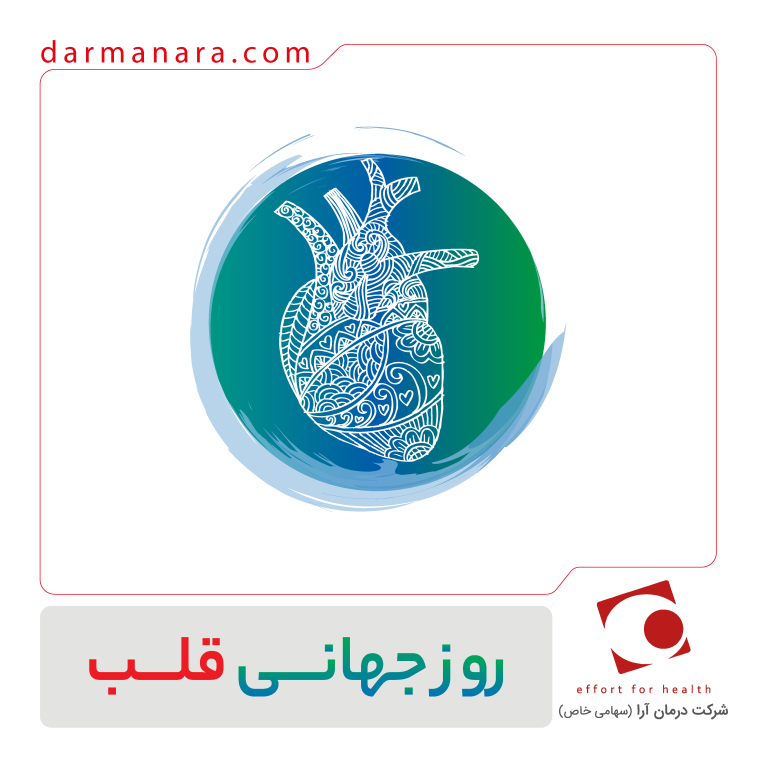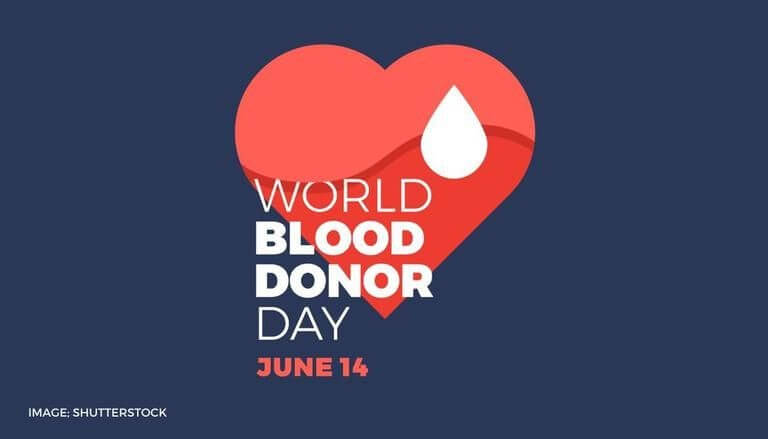Each year on June 14, we celebrate World Blood Donor Day. This day is given from the anniversary of the birth date of Karl Landsteiner, an Austrian biologist, physician, and immunologist who was born on 14th of June 1868. He was awarded the Nobel Prize in 1930 for his discovery of the ABO blood group system, the modern system of classification of blood groups. This discovery enabled physicians to conduct blood transfusion without risking the life of the patient. Generally, this date was chosen to:
- Support national blood transfusion services, blood donor organizations, and other non-governmental organizations in strengthening and expanding their voluntary blood donation programs by reinforcing national and local campaigns.
- Raise global awareness of the need for safe blood and blood products for transfusion • Highlight the critical voluntary contribution , and introduce the unpaid blood donors to the national health system.
Blood, along with it’s by-products, are vital resources for effective management of patients with blood and bone marrow disorders. In addition, it positively affects children suffering from severe anemia due to malaria and malnutrition, women suffering from bleeding associated with pregnancy and childbirth. To this list can be added inherited disorders of hemoglobin and immune deficiency conditions, victims of trauma and mental disorders, as well as patients undergoing advanced surgical and medical procedures.
The need for blood is a global concern. However, a wide number of people despite their demand for blood do not have access to it in time. Blood shortages are particularly acute in under-developed and developing countries.
The slogan on World Blood Donor Day 2022 is:
“Donating blood is an act of solidarity. Join the effort and save lives”. The purpose of setting this banner is emphasizing the pivotal role of voluntary blood donations on saving lives and enhancing solidarity within communities.
This year’s campaign has some specific objectives including:
- Express our gratitude to all blood donors throughout the world, while increasing the public awareness of the need for unpaid blood donation on a regularly basis.
- Promote and recognize the values of voluntary blood donation in enhancing social cohesion and community solidarity.
- Highlight the demand for a commitment to year-round blood donation in order to achieve a universal and timely access to safe blood transfusion as well as maintain current supplies.
- Raise awareness of the need for government investment to create a resilient and sustainable national blood system, and increase collection from voluntary non-remunerated blood donors.
Iran is the first country that was able to achieve the goal for a 100% volunteer blood donation in 2007. No doubt this is a very important indicator in receiving healthy blood in sufficient amount.

